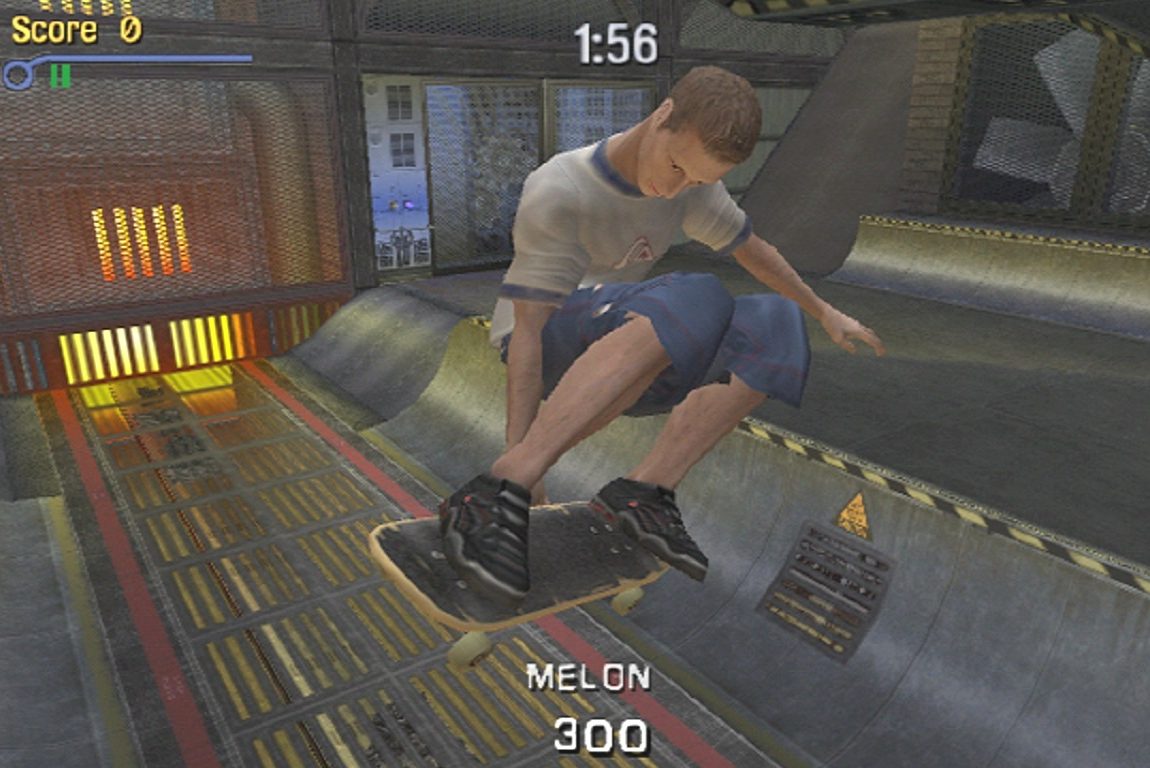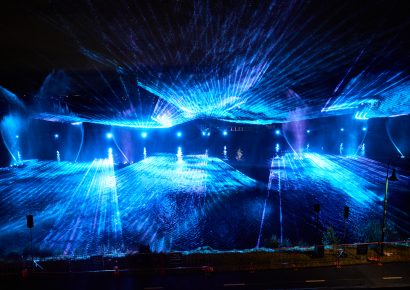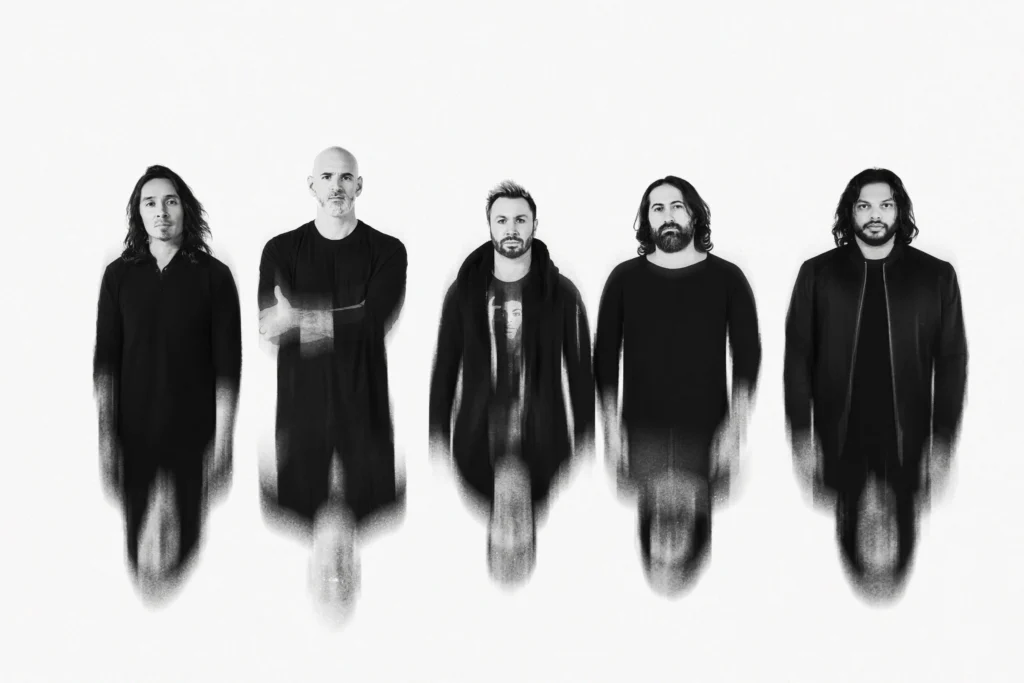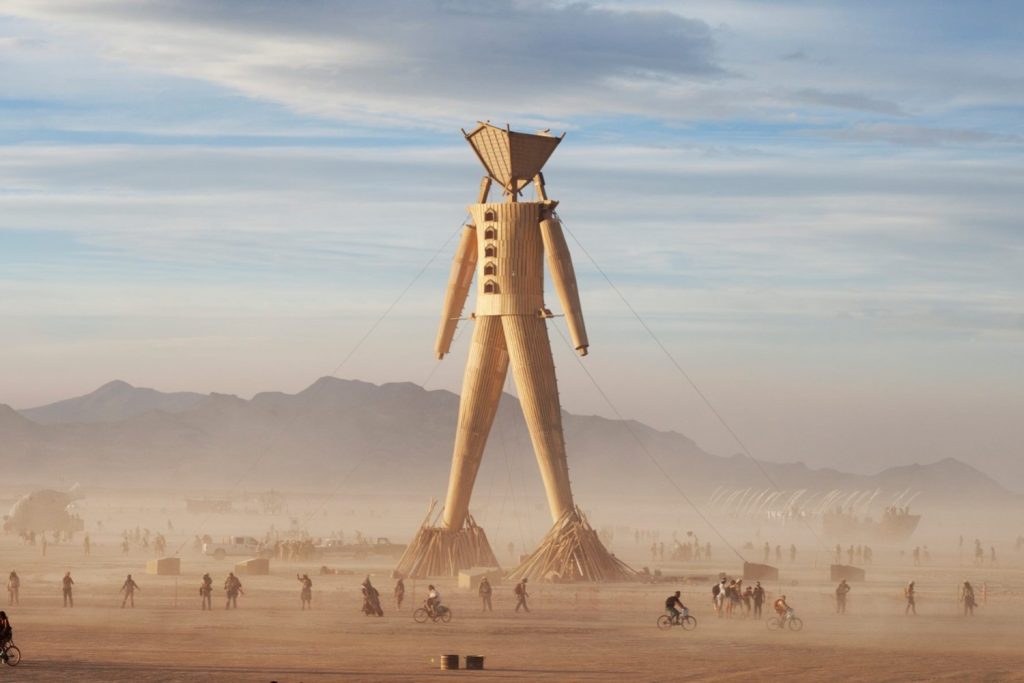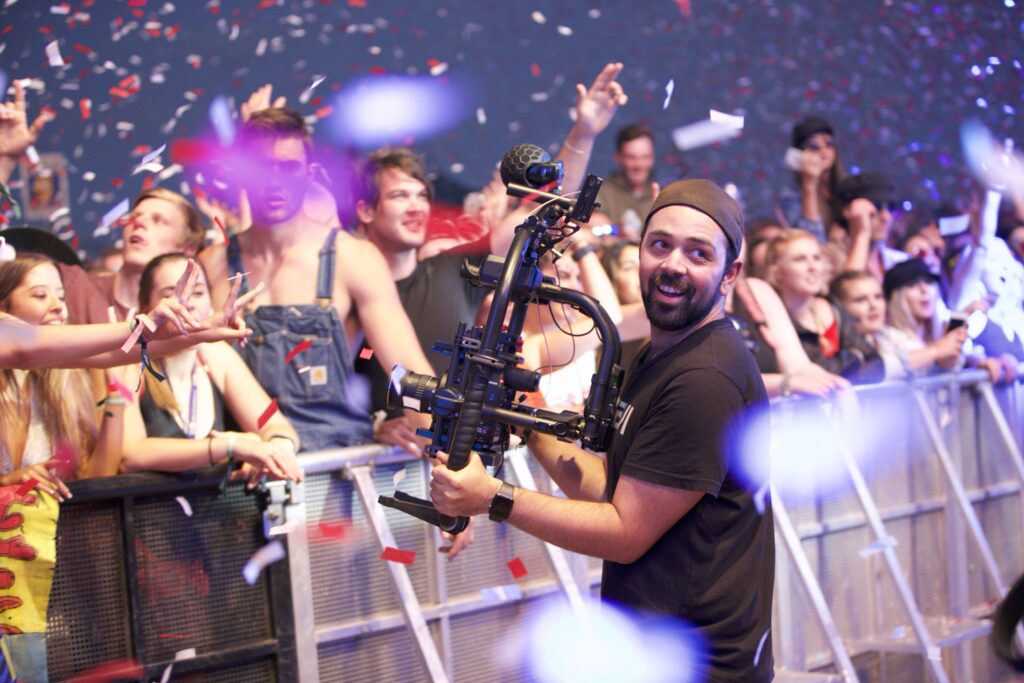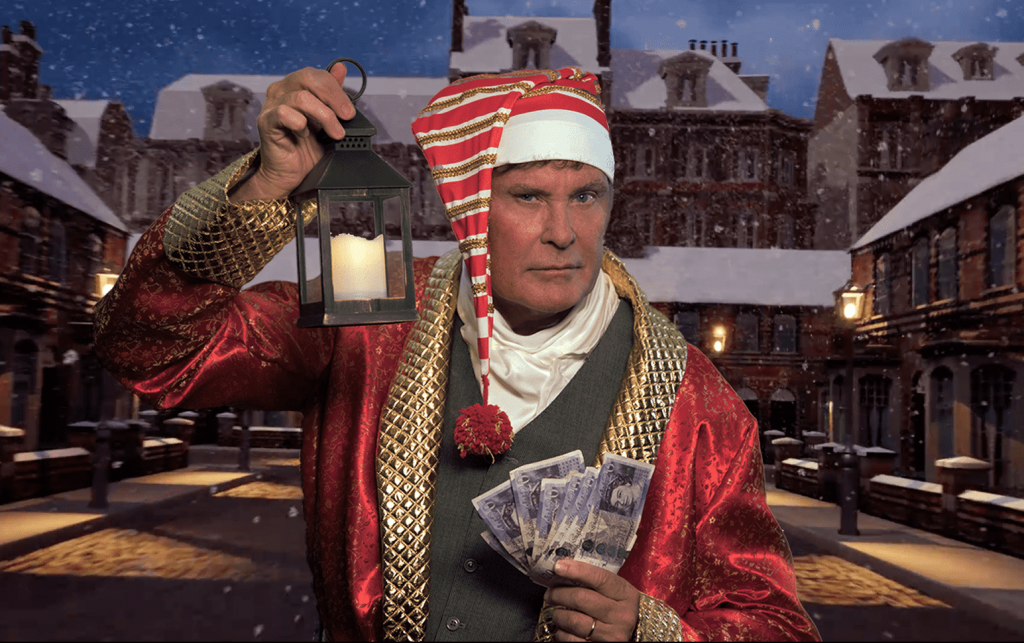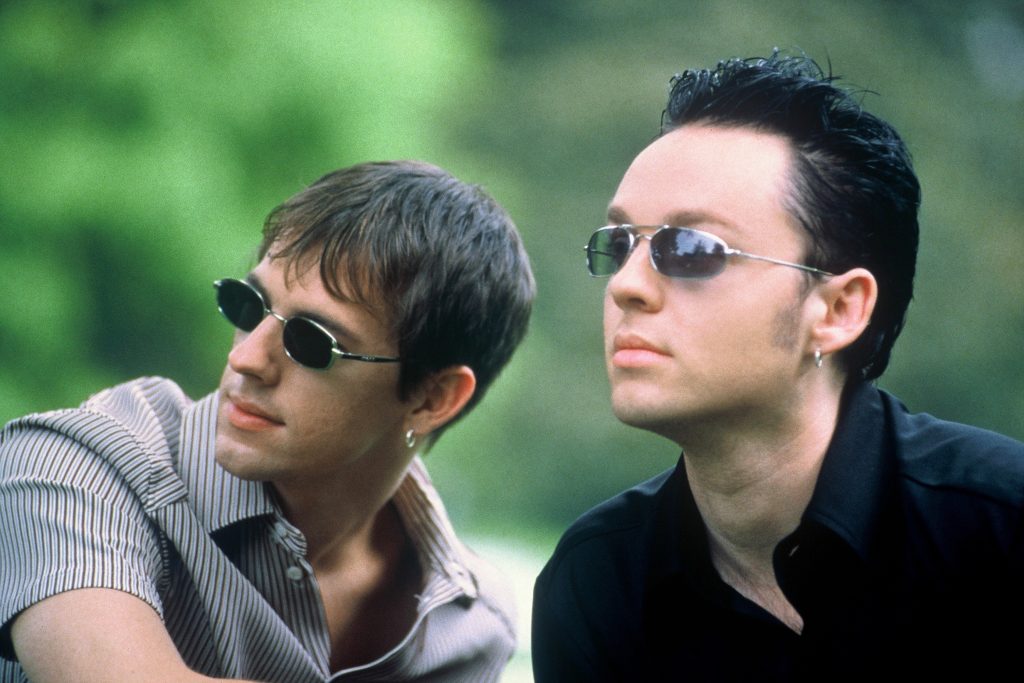Never forget it.
Last August, Tony Hawk’s Pro Skater turned 20. While the game can be credited for turning millions of kids on to the world of skating, its musical influence has been just as significant. Fortifying the link between skate culture and alternative music, the game’s soundtrack served as a gateway into punk rock for many young gamers, while simultaneously bolstering the careers of many of the bands featured. Tracks from the likes of Dead Kennedys, Primus and Suicidal Tendencies all appeared in the game, ringing in our ears whenever we think about kickflips or 360-shoves.
Over the years, the influence of THPS’s soundtrack has been undeniable – even just a few weeks ago in Melbourne, a swarm of local punks took over The Croxton to recreate some of the anthems heard across the game. So, where did it all start?
According to Joel Jewett, former head of Neversoft (the company behind the Pro Skater series), the initial idea came as an opportunity to break the mould. “Video games at the time all had orchestral music, and we were like, ‘Fuck, man, we can pick awesome rock ‘n’ roll. This is cool shit.”
The Neversoft team then approached Tony Hawk to have him curate a soundtrack that would match the game’s authenticity. “The soundtracks are very much in line with my music tastes and my history of growing up skating,” Hawk says. “Punk music was really closely associated with skating at the time and a lot of the songs on the soundtracks were songs that I heard growing up at skate parks. I was just trying to make a soundtrack that I thought represented skate culture and the skate lifestyle.”
Until then, the concept that a video game’s soundtrack could be a promotional tool for musicians was non-existent, but the effects were noticeable almost instantly. John Feldmann of Goldfinger, whose song ‘Superman’ featured on the opening level, has credited the game for his band’s rise on numerous occasions. As he recalls, “‘Superman’ was kind of just a song that we had lying around. Obviously now it’s the biggest song we’ve written, but I didn’t have any idea what that song would become.”
Bands like Bad Religion and Primus have also expressed similar gratitude, and even legendary names like Motörhead have acknowledged how the game introduced them to a new wave of fans. The soundtrack was able to capture a moment in time, which we can still reflect on 20 years later. Visual artist Luke Pelletier perfectly encapsulates this, saying “The songs created a hyper-teenage world. A place with no parents, no rules, no limits, just fun. That game created a paradise.”
Never miss a story. Sign up to Beat’s newsletter and you’ll be served fresh music, arts, food and culture stories three times a week.
